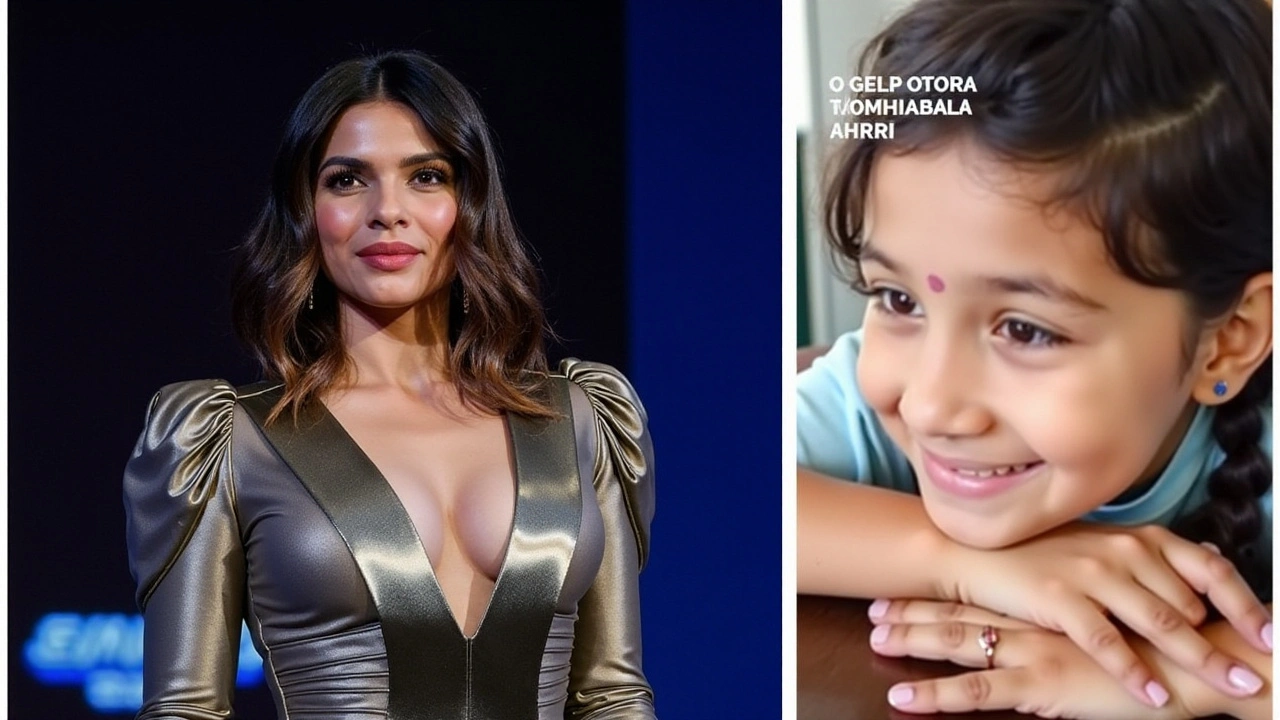Introduction: AI and Its Role in Modern Media
Artificial Intelligence has dramatically transformed the landscape of modern media, creating content that is both groundbreaking and, at times, controversial. One of the recent viral sensations on Chinese social media platforms like Douyin, China's version of TikTok, exemplifies this phenomenon: AI-generated videos featuring US leaders such as former President Donald Trump and current Vice President Kamala Harris singing popular Chinese songs. These videos have sparked a wave of intrigue and discussion, captivating Chinese netizens and reflecting broader socio-political currents.
The Viral Sensation
Since their emergence in May, these AI-generated videos have become a staple on Chinese social media. What perhaps started as a humorous experiment has morphed into a significant cultural trend. Depicting scrupulously choreographed performances, these videos give the illusion that US leaders, none of whom possess Mandarin skills, are singing in fluent Chinese. The technology behind these videos, while readily accessible, is sophisticated enough to create seamless and engaging content, captivating the audience's imagination.
Technological Marvels: Deepfake Simplicity
The tools used to create these deepfake videos—platforms like MuseTalk and SadTalker—are integral to their ease of production and subsequent popularity. The rise of such user-friendly AI technology means that practically anyone can generate content that was once confined to the realms of special effects and high-budget productions. The resultant videos garner thousands of likes and tens of thousands of reposts, becoming a testament to the power of AI in shaping digital narratives. This explosion of AI content aligns with the global AI frenzy that picked up pace following the release of ChatGPT in 2022, positioning China as a pivotal player in the generative AI landscape.
Cultural Implications and Political Undertones
Content like these AI-generated videos of US leaders singing Chinese songs serves a dual purpose. On one hand, they provide entertainment, rendering normally serious political figures in light-hearted, humorous contexts. On the other, they carry subtle political implications. As expert Alexa Pan from ChinaTalk notes, these videos

Ghanshyam Kushwaha
September 18, 2024 AT 15:16everyone's doing it
eliana levi
September 18, 2024 AT 19:16Brittany Jones
September 19, 2024 AT 21:09its just tech with a side of cringe
SUBHANKAR DAS
September 21, 2024 AT 02:10they cant even speak chinese but they sing like they own it
its just fake and its sad
Secret Lands Farm
September 22, 2024 AT 05:15we made talking cats and now we got trump singing jiangnan style
no regrets
Tamir Duberstein
September 23, 2024 AT 11:41its like watching a cartoon version of geopolitics
and somehow its kinda beautiful
John Bothman
September 24, 2024 AT 16:58TRUMP SINGING IN MANDARIN IS THE FUTURE OF DIPLOMACY!!! 🎤🇨🇳🇺🇸
WE ARE LIVING IN THE AGE OF THE AI MESSIAH!!! 🙏✨
Dinesh Gupta
September 24, 2024 AT 17:23its so bad but i watched it 5 times
my grandma thought it was real and cried
Shalini Ambastha
September 26, 2024 AT 11:21not through force or fear but through shared joy
music doesnt need translation